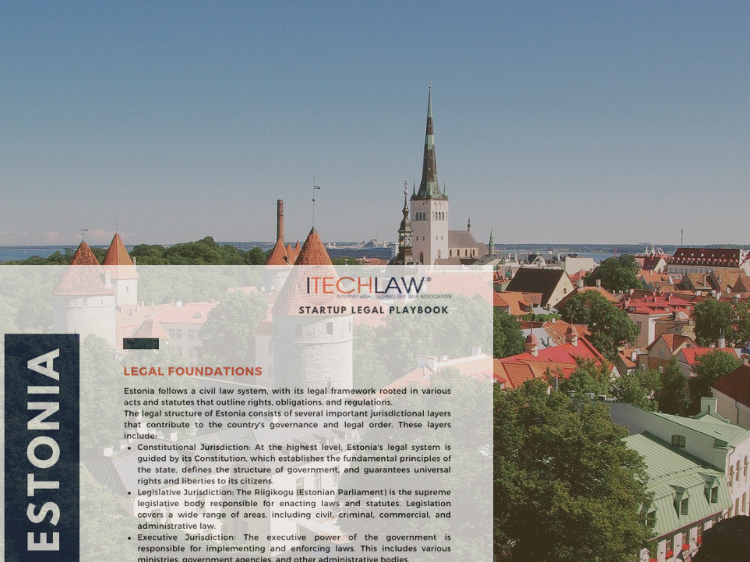
Can a dinner party be considered an undue benefit, i.e., a bribe? The fine line has long been unclear as to how public servants can participate in events when invited by actors in the private sector. In its ruling of 17 March 2020, the Supreme Court of Sweden (“HD”) provided some welcome guidance on what applies.
In its judgment, titled “The Music Dinners” (Sw. Musikmiddagarna), HD acquitted those accused, who previously had been sentenced in the Svea Court of Appeal, for giving and receiving bribes, arising out of invitations from two industry organizations to government employees to their annual dinners. The cost per guest at each dinner party was estimated at SEK 1,000, with food and alcohol served and accompanied by musical entertainment. The key issue in the case was whether the dinners constituted “undue benefits”, which is a key element to be seen as bribery under the Swedish Penal Code (“Code”).
Summary of HD’s decision
In the judgment, HD stated that if the benefit has a clear aim of rewarding or influencing an unlawful act, it will usually be obvious that it is an undue benefit, i,e., a bribe. Where this is not the case, an overall assessment must be made, and no single factor will be decisive.
In its judgment, HD made several general statements about factors that are important to the overall assessment of whether an act constitutes an undue benefit. In particular, we would like to highlight the following factors:
- The word “undue” refers to something “unacceptable” under the prevailing social or ethical norms of the day and is thus subject to change over time.
- The term “undue benefit” is vague and thus should be interpreted cautiously, guided by a need for predictability for the individual who must be able to anticipate whether his/her actions will be considered criminal or merely inappropriate. Accordingly, an inappropriate or unethical act in a more general sense is not sufficient. The act must clearly lie outside the bounds of the acceptable to be considered an “undue benefit” and be liable to punishable.
- If there are specific and ongoing points of contact between the donor and the recipient (e.g., an ongoing case in which the recipient must make decisions concerning the donor), the risk increases that the benefit may influence the recipient and correspondingly lowers the threshold for when the benefit will be considered “undue”.
- If a person’s attendance at an event appears natural and useful in light of the functions of the relevant authority, and the event and participation are open with broad participation, the risk of the benefit being considered as “undue” is reduced.
Following an overall assessment that among other things takes into account the above points, HD concluded that the dinner invitations could not be regarded as having posed any clear risk that the recipients would exercise undue influence over the decisions of the relevant authorities. Accordingly, HD found that the dinner parties did not constitute undue benefits and acquitted all those accused.
Background to HD’s decision
In the spring of 2017, the heads of three authorities in the Swedish cultural sector were indicted for several cases of receiving bribes. At the same time, the representatives of two different musicians’ associations were also prosecuted for offering bribes.
The case arose after the three heads of authorities, whose work included among other things distributing grants to musicians, were invited by the two representatives of the musicians’ associations to various annual winter and summer parties at venues such as the Grand Hôtel, where dinner, alcohol and entertainment were provided.
The District Court dismissed the indictment in its entirety and found that although the defendants moved in circles that included those who could give and receive bribes, the relevant dinners were “benefits” and the requirement for a business connection was met, the benefits were not undue and therefore not punishable under the Code.
The Court of Appeal overturned the decision of the District Court, sentencing the five defendants for giving and taking bribes respectively. In its judgment, the Court of Appeal found that the benefits in question were relatively expensive, that they did not constitute a natural and useful part of the functions of the relevant authorities, and that both the music associations and their members were affected and could be affected by the decisions of the relevant authorities. Accordingly, the Court of Appeal found that the benefits were “undue” and thus punishable under the Code.
Final remarks
Although HD found that where a benefit does not have an obvious purpose of “bribing” the recipient into an unlawful act an overall assessment must be made in the individual case, the decision still provides useful guidance as to the fine line that distinguishes a benefit from an “undue benefit”, i.e., a bribe.
In many cases, there is a legitimate interest in meetings between the business and public sectors in different contexts, including swanky events organised by the private sector. HD’s judgment is, in our view, a wise and welcome clarification both for companies operating in Sweden and Swedish authorities that, as a starting point, such events can take place even if entertainment is present.
However, it remains to be seen what effects the decision will have on the behaviour of public sector employees in the future.
Contact

Morvarid Dorkhan Nilsson
Partner / Head of Commercial and Public Procurement / Chair of Magnusson International
Public procurement, Commercial, EU and Competition, Life sciences
Send me an email +46 8 463 75 00 +46 70 814 79 60









